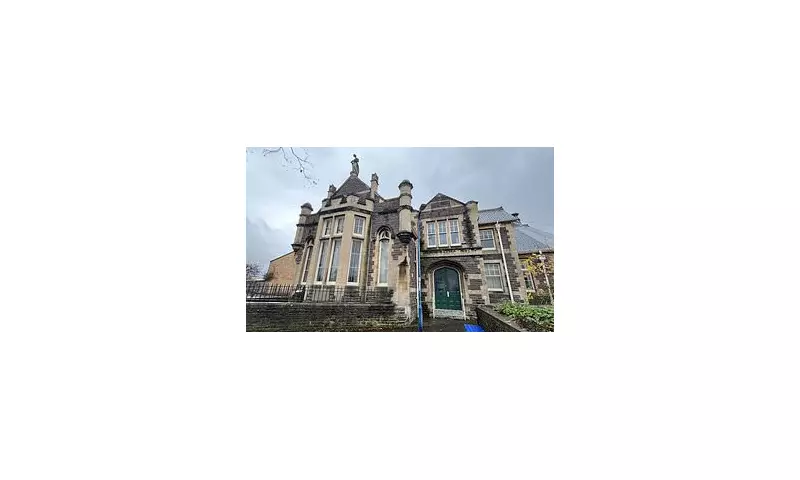
A Christian group has suffered a decisive legal defeat in its attempt to block the transformation of a historic London library into a place of Islamic worship.
The controversial case, heard at the Royal Courts of Justice, pitted the Christian Legal Centre against Westminster City Council and the property developers behind the project. The claimants had argued that the planning approval was unlawfully discriminatory and failed to consider the needs of the local Christian community.
Judge Dismisses Discrimination Claims
In a comprehensive ruling, Mrs Justice Lang dismissed the application for a judicial review. The judge found the group's claims of religious discrimination to be ‘unarguable’ and without legal merit.
The court heard that the former Carnegie Library, a Grade II listed building in Westminster, was granted planning permission after a thorough and lawful process. The judge emphasised that the council’s decision was made on standard planning grounds, not on the basis of favouring one religion over another.
A Contentious Planning Decision
The legal challenge centred on the council's 2022 approval of plans to convert the decommissioned library into a mosque and community centre. The project, led by the Azizye Mosque and Education Trust, aims to breathe new life into the building, which had been declared surplus to requirements by the local authority.
Representatives for the Christian group contended that the conversion would create an ‘inequality of provision’ for Christians in the area. They alleged that the council had shown ‘preferential treatment’ towards the Muslim community during the planning process.
Council and Trust Welcome Ruling
Westminster City Council welcomed the court's decision, stating it ‘vindicates our commitment to fair and proper planning procedures’. A spokesperson added that the redevelopment would ‘secure the long-term future of a valued local asset’.
The Azizye Trust expressed relief at the outcome, calling it a ‘victory for common sense and community cohesion’. They reiterated their commitment to creating an inclusive space that would serve all residents.
With the legal obstacle now removed, work is expected to commence on converting the early 20th-century building, ensuring its preservation as a community hub for generations to come.






